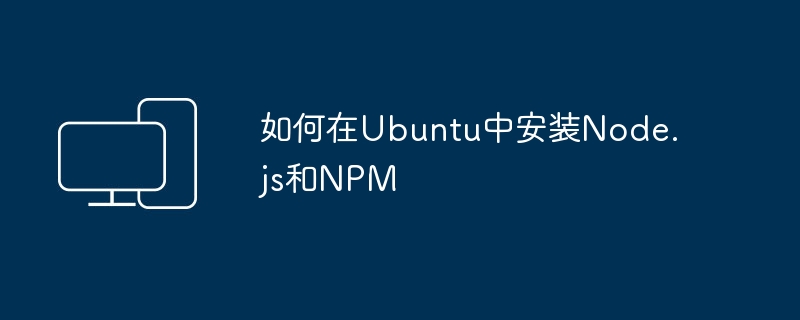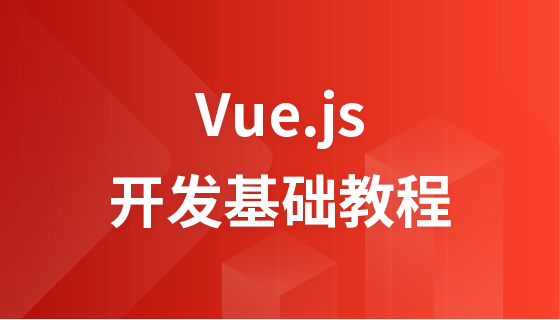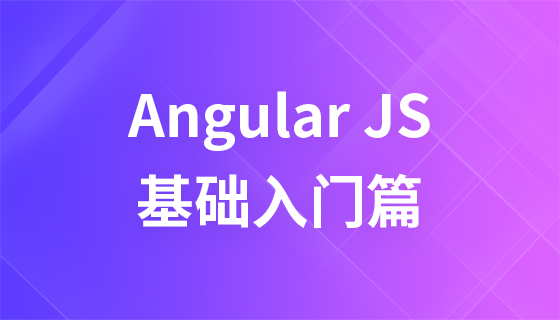
作为一名开发人员,了解如何安装Node.js和NPM是至关重要的。Node.js是领先的网络技术之一,在创建本地开发环境时必须确保系统上已经安装了它们。
Node.js和NPM携手并进。虽然Node.js是运行时环境,但NPM是它的包管理器,当你想要安装依赖项和包时,你可以使用它。那么,如何在Ubuntu中安装Node.js和NPM?我们将介绍您可以使用的三种方法。
在Ubuntu中安装Node.js和NPM有三个选项。首先,您可以选择使用默认的Ubuntu存储库来安装可用的NPM和Node.js版本。或者,您可以使用一个安装脚本,该脚本可以从NodesuberGitHub存储库中获得。最后,您可以添加Nodesupgraph密钥,创建一个deb仓库,然后安装最新版本或任何其他支持的Node.js版本。
Node.js和NPM软件包都可以在Ubuntu官方存储库上使用。此选项适用于Ubuntu 18至最新版本。
首先,更新apt缓存。
$sudo apt更新
接下来,让我们开始使用以下命令安装Node.js:
$sudo apt—get install nodejs
您需要输入密码,然后按“y”确认安装。
运行”nodejs—version”命令检查安装了什么版本的Node.js。对于这个例子,我们有v12.22.9。当然,这不是最新的版本,这是因为我们选择了从Ubuntu存储库中获取它。
对于NPM,使用以下命令安装它:
$sudo apt—get install npm—y
安装后,检查NPM版本。
这是在Ubuntu中安装Node.js和NPM的第一种也是最简单的方法。
如果您访问NodesubGithub存储库,会创建一个脚本,以简化DEB和RPM系统上的安装。要使用此脚本,您必须具有根访问权限或使用sudo命令。
首先,确保你的系统上有curry。您可以使用以下命令来安装它:
$sudo apt—get install curl
接下来,运行”curl”命令下载脚本。
$sudo curl—SLO www.example.com
找到下载的脚本并使用”chmod”命令授予它500文件权限。
$sudo chmod 500 nSolid_Setup_deb.sh
要运行该脚本,您必须指定要安装的Node.js版本。例如,要安装Node.js 20,我们按如下方式运行脚本:
$sudo./ nsolid_setup_deb.sh 20
最后,使用”apt”命令从配置的存储库安装Node.js。
$sudo apt-Get Install NodeJS-y
当我们检查已安装的Node.js和NPM版本时,您会注意到我们有Node.js v20,这是我们之前指定的。其各自的NPM也已安装。
如果您发现这种方法非常适合安装特定的Node.js版本,您可以使用相同的步骤,然后安装Node.js。至于NPM,你不能指定它的版本。它会自动与Node.js一起安装。
我们将讨论的在Ubuntu中安装Node.js和NPM的最后一种方法是使用Nodesource GPG密钥。
首先刷新apt缓存。
接下来,通过运行以下命令安装所需的包和依赖项:
$sudo apt—get install—y ca—certificates curl gnupg
安装后,下载Nodesource GPG密钥并创建一个目录以将其托管在“/etc/apt”中。不过,使用cURL为Nodesource创建一个Deb存储库。运行以下两个命令:
$sudo mkdir-p/etc/apt/keyring
$curl—fsSL www.example.com https://deb.nodesource.com/gpgkey/nodesource-repo.gpg.key|
然后,您必须指定要安装的节点版本NODE_MAJOR。例如,让我们从指定v18开始。
$NODE_MAJOR=18
接下来,使用以下”echo”命令创建deb仓库:
$sudo apt—get install—y ca—certificates curl gnupg
如果你想拥有不同的Node.js版本,在构建项目时可以切换,请按如下方式添加它们:
同样,更新您的存储库以适应新添加的存储库。
$sudo apt—get更新
最后,安装Node.js。
$sudo apt-Get Install NodeJS-y
当我们检查Node.js版本时,它应该与v18匹配,v18是我们在前面指定的第一个NODE_MAJOR。
现在,您成功地在Ubuntu中安装了Node.js和NPM。
安装Node.js和NPM的方法取决于您的目标和舒适度。你可以使用三种方法。你可以从Ubuntu仓库安装Node.js和NPM。或者,您可以使用安装脚本。最后一个选项是依赖于NodesomeGPG键。所有的方法都包含在这篇文章中。
以上就是如何在Ubuntu中安装Node.js和NPM的详细内容,更多请关注php中文网其它相关文章!

每个人都需要一台速度更快、更稳定的 PC。随着时间的推移,垃圾文件、旧注册表数据和不必要的后台进程会占用资源并降低性能。幸运的是,许多工具可以让 Windows 保持平稳运行。




Copyright 2014-2025 //m.sbmmt.com/ All Rights Reserved | php.cn | 湘ICP备2023035733号